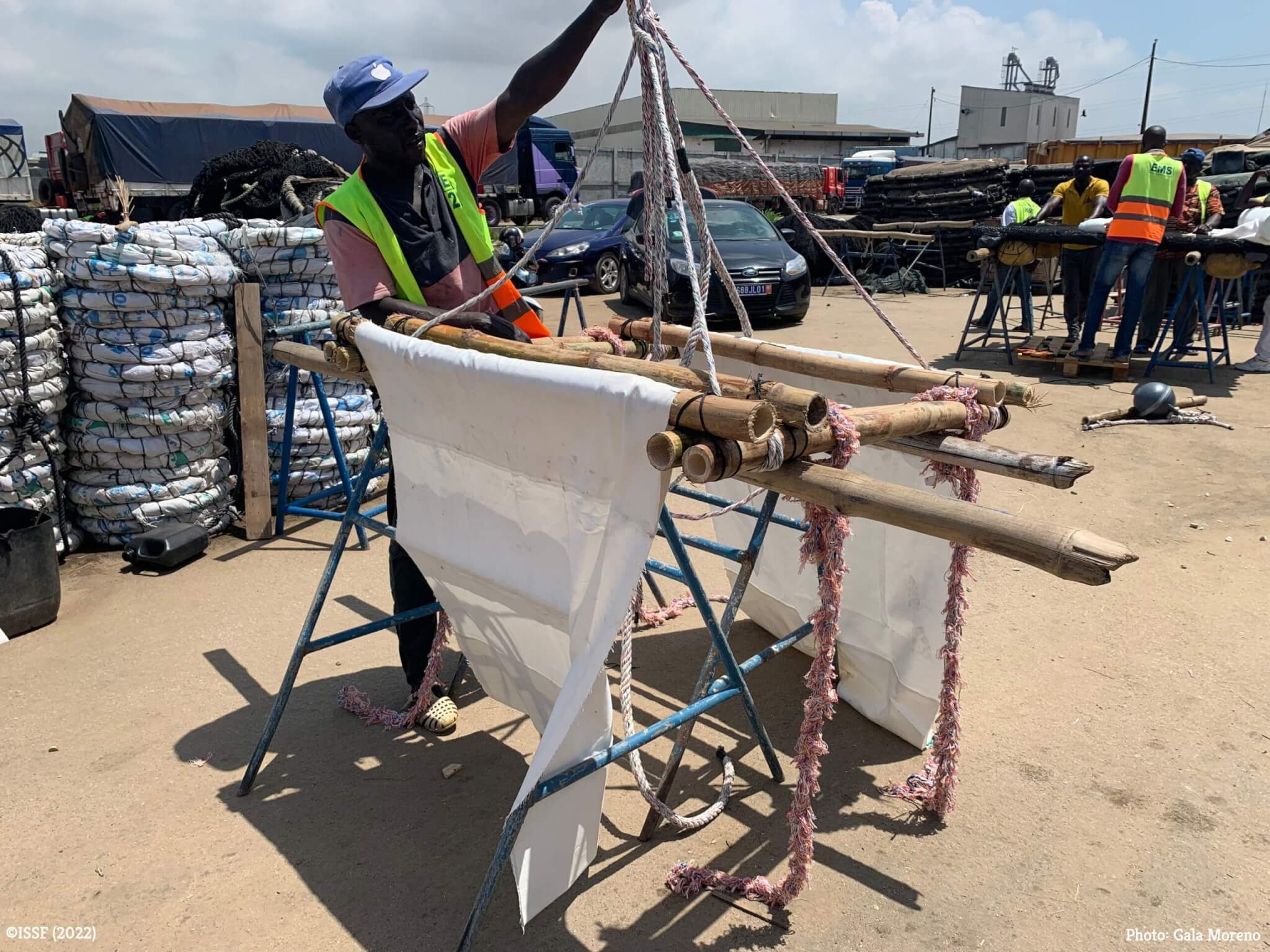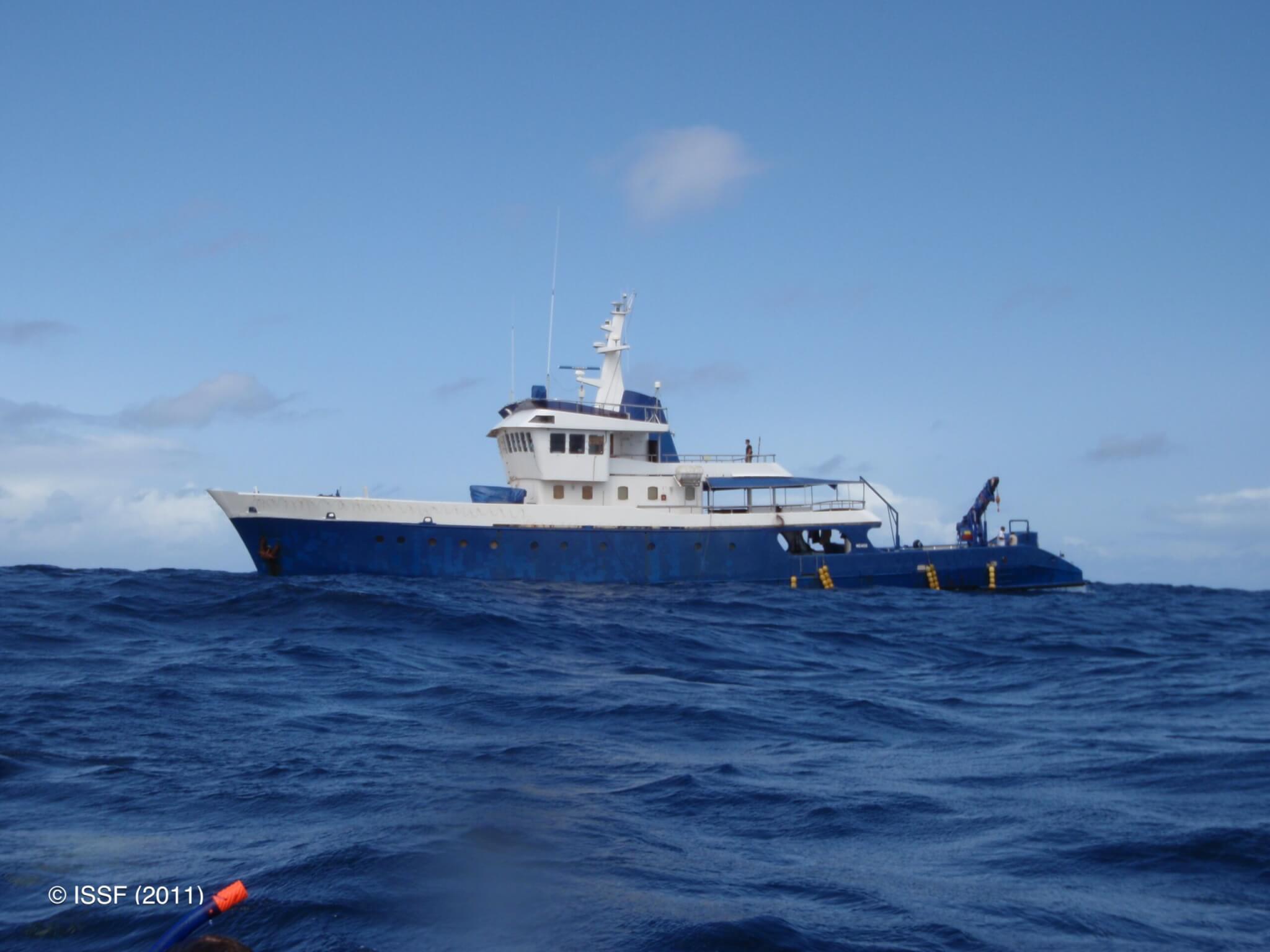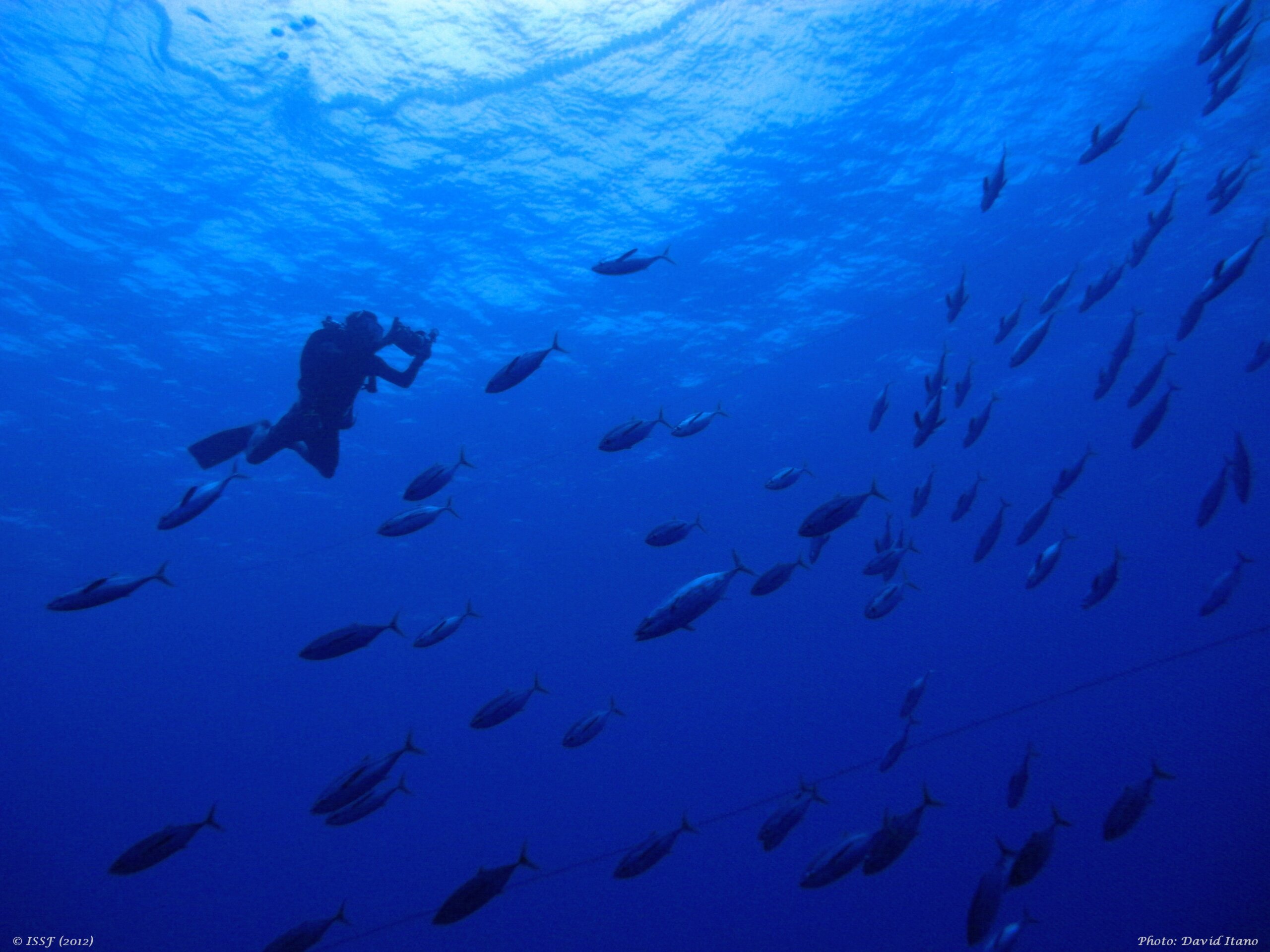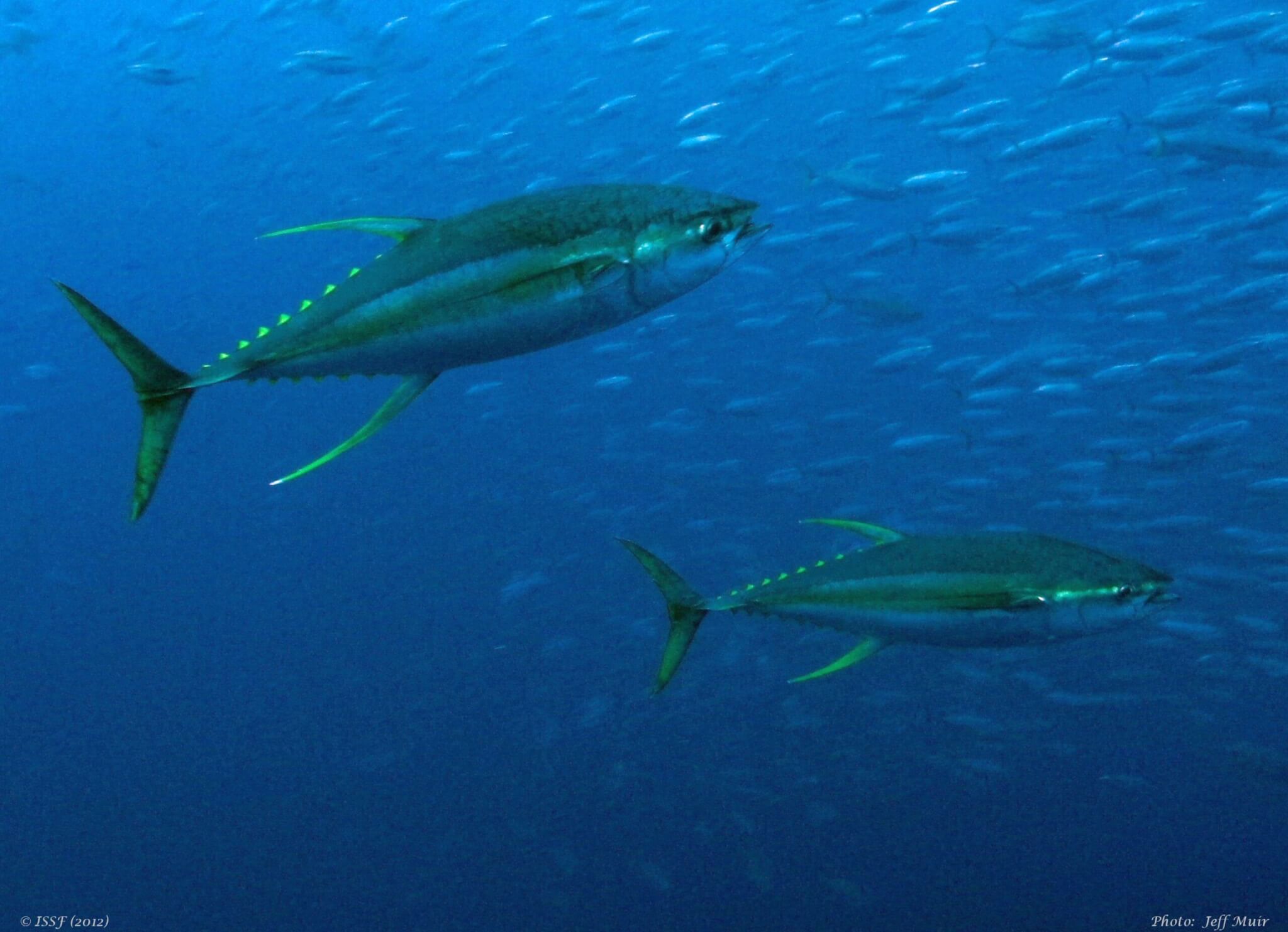PODCAST: ISSF President Susan Jackson on Aquademia | PLUS Jelly-FAD trials in the Pacific Ocean
Featured News
Responsible Tuna Fisheries Management with Susan Jackson of ISSF
ISSF President Susan Jackson spoke about our latest Strategic Plan on a recent episode of Global Seafood Alliance podcast Aquademia. Aquademia aims to educate consumers and industry professionals on how seafood is connected with the issues facing our planet, what consumers can do to help, and arm them with the knowledge to make better seafood choices. Each episode features interviews with professionals from varied disciplines to demonstrate how deeply seafood is connected with our world.
Featured Content
Jelly-FAD trial in the Pacific: A step towards sustainable fisheries
The Western and Central Pacific tuna fisheries are the largest and most productive in the world, accounting for over half of the global tuna catch. The four key tuna stocks in this region (bigeye, yellowfin, skipjack, and South Pacific albacore) are assessed as being sustainably exploited. However, the use of drifting fish aggregating devices (dFADs) within part of the fishery has raised wider concerns related to the entanglement of marine species and marine pollution, including in sensitive coastal habitats. With the deployment of over 23,000 to 40,000 dFADs in the region’s waters each year, the need to reduce these unwanted environmental impacts has increased. Fortunately, the initiation of trials of biodegradable jelly-FADs in the Western and Central Pacific Ocean (WCPO) marks the beginning of a new era towards more environmentally friendly use of dFADs for tuna fishing.
The Pacific Community (SPC), with the support of the International Seafood Sustainability Foundation (ISSF) and partner fishing companies, recently deployed the first batch of biodegradable dFADs, or “jelly-FADs” in the WCPO. These are the future for environmentally friendly dFAD fishing at an industrial level and should reduce the entanglement of non-target species such as turtles and sharks, as well as the impacts caused by lost and abandoned dFADs.
ICYMI
This ISSF position statement focuses on critical measures and issues on which the Indian Ocean Tuna Commission (IOTC) must take action at its 27th Annual Meeting on May 8-12, 2023, which align with ISSF’s priorities for tuna RFMOs.
A French translation of the statement is available.
ISSF in the News
Excellent Conformance Rate By Participating ISSF Companies
FishFocus
ISSF annual audit finds 23 of 25 tuna firms in compliance
Undercurrent News
ISSF expands interactive tuna tool with gear data
Seafood Source
Pacific Island Countries To Develop Advanced Warning System for Tuna Migration
IPS News



